The importance of educating your audience
You don’t know what you don’t know
Have you noticed how complacent and comfortable we get in our businesses?
We start, working our guts out, flogging away to build our client base, our audience and our business from the ground up. And then it starts to flow, and we get busy working and keeping our business going.
And we’re great at what we do!
But I started to notice one thing when it came to my marketing.
People weren’t 100% sure what a content or social media manager did! At first, I was a little shocked as for me; it’s self-explanatory. And then I thought about it. If people have no idea what I do as such, it was my role to educate them.
As it is for each business owner. Never assume people know what you do. You need to educate them.
What does ‘educating’ your audience mean?
To start, I’d highly recommend that you educate your audience on your business. What is it exactly that you do. You can do this by creating ‘about us’ videos, updating your about pages or bios, sharing posts with insights into your world.
Clearly explain what you do.
You’ll need to create ‘education’ type of content. The best way to give people an insight into what you do is to share your knowledge. Educate your audience.
When you’re sharing your knowledge, you’re not only creating connections with your audience, but you’re showing them first hand what you do. When you share your experience, you’ll build trust.
And once you’ve built trust, you’ll make sales.
The top 3 ways you can connect with, and educate your audience online
1. Blogs
If you haven’t noticed by now, I love blogs. I find they are a great way to connect with an audience. And they give you fantastic content that you can pick into bite-sized pieces for your social media channels.
To get ideas for blogs, think about what your audience has asked you. Do you see an FAQ that you can write about? If customers have asked you a question, this is the best example of where education is needed, and a great start to get blogging.
For example, I often get asked how to repurpose content online, so I wrote a blog.
2. Videos
With the world so online right now, and many of us craving human connection, videos are a brilliant way to reach, and educate your audience. With the rise of platforms like Snapchat, Facebook Live and Instagram Stories, you can easily integrate live videos into your social media strategy.
They don’t have to be long videos. You can share your ideas and then direct them to a blog you’ve written.
3. Social media
You’ve probably heard me talk about my fab 4 content pillars, with education being one of them. Social media is one of the best ways you can educate your audience. They are following you as they want to know more about you, what you do and the knowledge you have on your area of expertise.
Create posts that are educational but relevant to your audience. Think about your audience, the things they’ve asked you about, the things they wouldn’t know how to do, and then focus on that for a start. Social media is also a fantastic way to direct people to your blogs. Share a snippet of your blog and direct them to your website to learn more.
Educate your audience, and you’ll build trust
The more you share your knowledge, the more people will come to trust you. They’ll start to see you as the expert, and you’ll find that they’ll comment more and share your content. In turn too, if they’re looking for what you offer, you’re likely to be their first point of call.
If you’d like a hand with producing content or a content strategy, please drop me a line and let’s connect. In the meantime, if you’ve seen any great examples of educational marketing, or you’ve written some amazing blogs where you’re educating your audience, please feel free to share them below in the comments.

